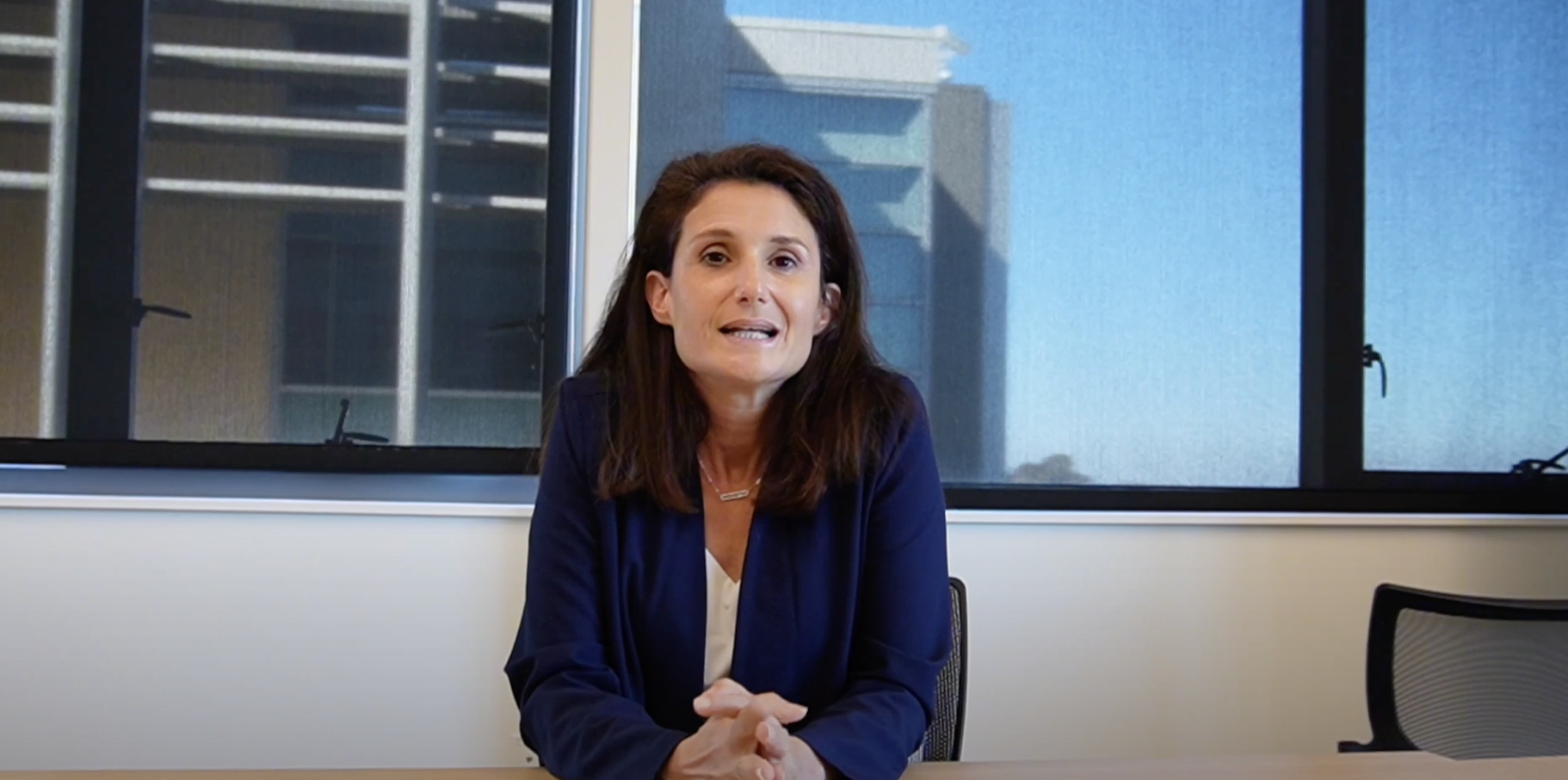
Read more

Discover the first cycle of 4 conferences from the “Innovations in Diagnostics and Therapeutics: An Interdisciplinary Virtual Rare Disease Symposium”. This conference, online and free, was organized by UCSF – Innovation Ventures and the Fondation Ipsen.
By Tiina Urv, PhD (Director of the NIH Office of Rare Diseases Research)
Tiina Urv is the program director for the Rare Diseases Clinical Research Network (RDCRN), a multi-disciplinary international program in the Office of Rare Diseases Research (ORDR). As the lead for the RDCRN program, Tiina collaborates with 10 NIH Institutes to manage 22 consortia and a central Data Management Coordinating Center. The RDCRN has more than 200 participating sites in 17 countries and more than 100 Patient Advocacy Groups as research partners and conducts research on about 200 rare diseases. Before joining the ORDR, Urv was a program director in the Division of Clinical Innovation where she provided stewardship for multiple Clinical and Translational Science Awards Program hubs and worked with the Trial Innovation Network as well as NCATS’ ORDR.
By Julie Saba, MD, PhD (UCSF Professor of Pediatrics, Hematology/Oncology)
Dr. Julie Saba is a pediatric oncologist at the University of California San Francisco where she is Professor of Pediatrics and holds the John and Edna Beck Chair of Cancer Research. Dr. Saba attended The Johns Hopkins University, University of Maryland medical school, and completed her residency, fellowship and obtained a PhD in Cell Biology at Duke Medical Center. During her graduate studies, while searching for new cancer-related genes, Dr. Saba identified the first sphingosine phosphate lyase gene using a genetic screen in budding yeast. She later found the human gene encoding this enzyme, called SGPL1, which is critical for metabolism of sphingolipids. In 2017, exactly 20 years after discovering this gene, she and her colleagues discovered SPLIS—an inherited disorder of sphingolipid metabolism caused by inactivating mutations in SGPL1. Dr. Saba is now focused on understanding the pathologic basis of SPLIS and finding a cure for this devastating disease.
By Ehtesham Khalid, MD.
Dr. Ehtesham Khalid is a Senior Consultant and Head of Department at Mukhtar A. Sheikh Hospital, Multan. Additionally, Dr. Khalid has serves as an Adjunct Clinical Instructor of Neurology at Vanderbilt University where he completed a Neuromuscular Fellowship and Neurology Residency. Dr. Khalid areas of expertise include neuromuscular disorders, neuro- muscular junction problems, muscle diseases, polyneuropathies, and autonomic disorders among others.
By Stephen Kingsmore, MD, DSc (President and CEO of Rady Children’s Hospital)
Dr. Stephen F. Kingsmore is President/CEO of Rady Children’s Institute for Genom- ic Medicine where he leads a multi-disciplinary team of scientists, phy- sicians and researchers who are pioneering the use of rapid Whole Genome Sequencing to enable precise diagnoses for critically-ill newborns. Before being selected to lead RCIGM, he was the Dee Lyons/Missouri Endowed Chair in Genomic Medicine at the University of Missouri-Kansas City School of Medicine and Director of the Center for Pediatric Genomic Medicine at Children’s Mercy Hospital, Kansas City. Dr. Kingsmore received MB ChB BAO BSc and DSc degrees from the Queen’s University of Belfast. He trained in clinical immunology in Northern Ireland and did residency in internal medicine and fellowship in rheumatology at Duke University Medical Center.